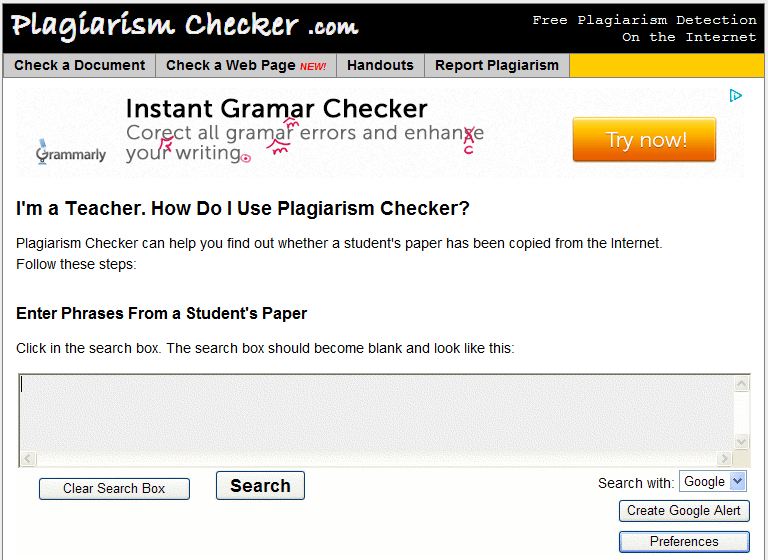Hola:
Compartimos un interesante artículo sobre «5 Estupendas Herramientas para Elaborar Mapas Históricos Geolocalizados»
Un gran saludo.
Visto en: aulaplaneta.com | Imagen vista en: animaps.com
Acceda al artículo desde: AQUÍ
Acceda a una demostración desde: AQUÍ
____ 🙂 ____ |
Tambén le puede interesar:
- Educación y Mapas 2.0 – Beneficios y Herramientas
- 80 Mapas Interactivos de Sudamérica para la clase de Geografía
- Organizadores Gráficos – El Poder Didáctico de la Representación Visual
- Webquest – Aprendizaje Cooperativo orientado a la Investigación en Internet
- Taxonomía de Bloom – Esquema para Redactar Competencias
- Nube de Palabras – Fundamentos y 10 Herramientas Gratuitas en Línea para Construirlas
- 150 Herramientas para Crear Materiales Educativos con TIC
- 20 Herramientas Para Crear Líneas De Tiempo
- Herramientas Didácticas para Trabajar la Diversidad en el Aula
- Estrategias Didácticas para el Aula – Manual de Herramientas
Si crees que esta publicación se ganó un café
Ver la entrada original 29 palabras más

 Recomendar un tema
Recomendar un tema Preguntar/Responder
Preguntar/Responder


